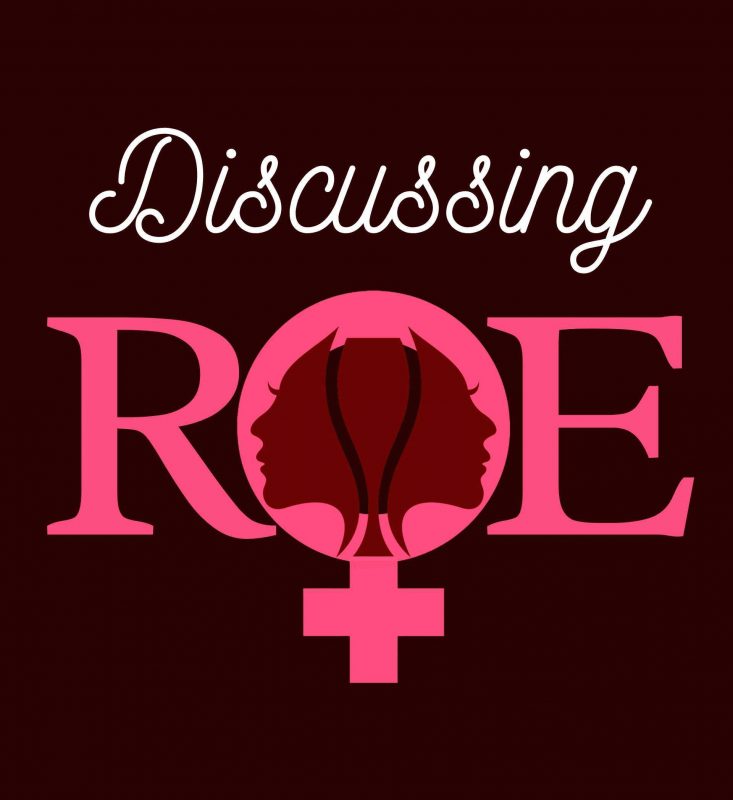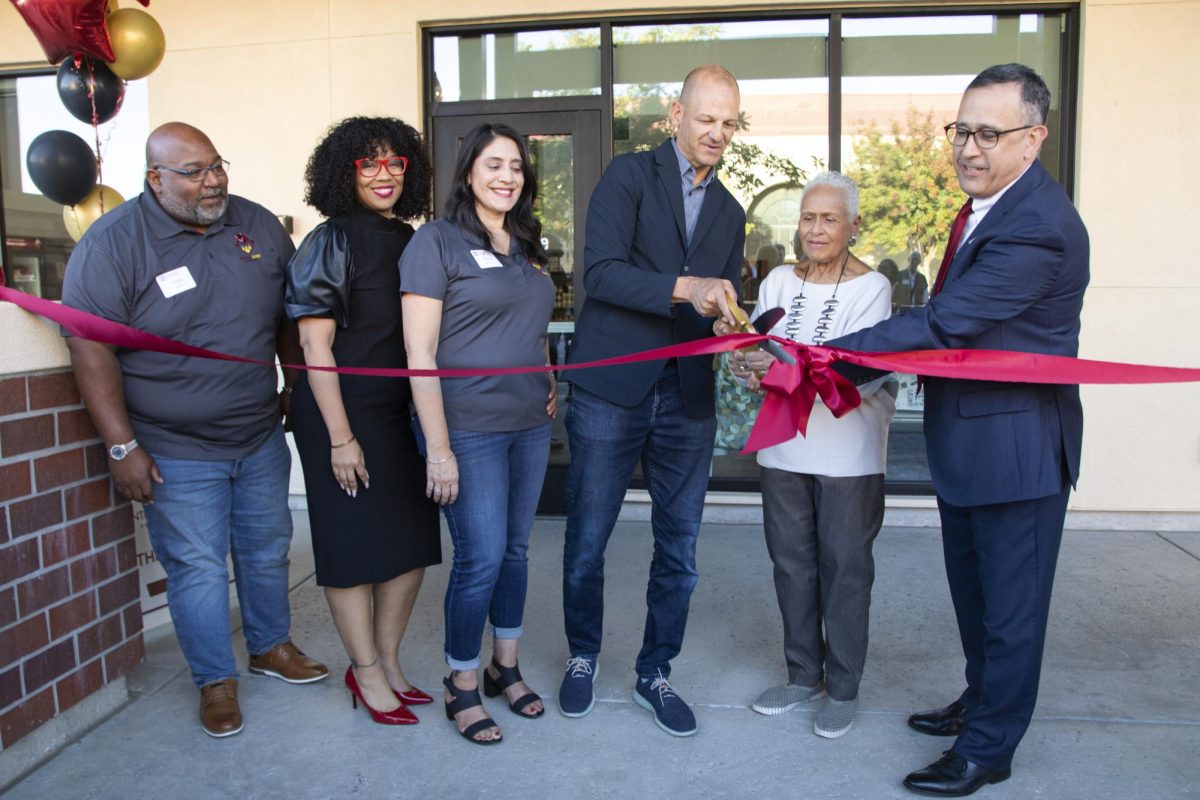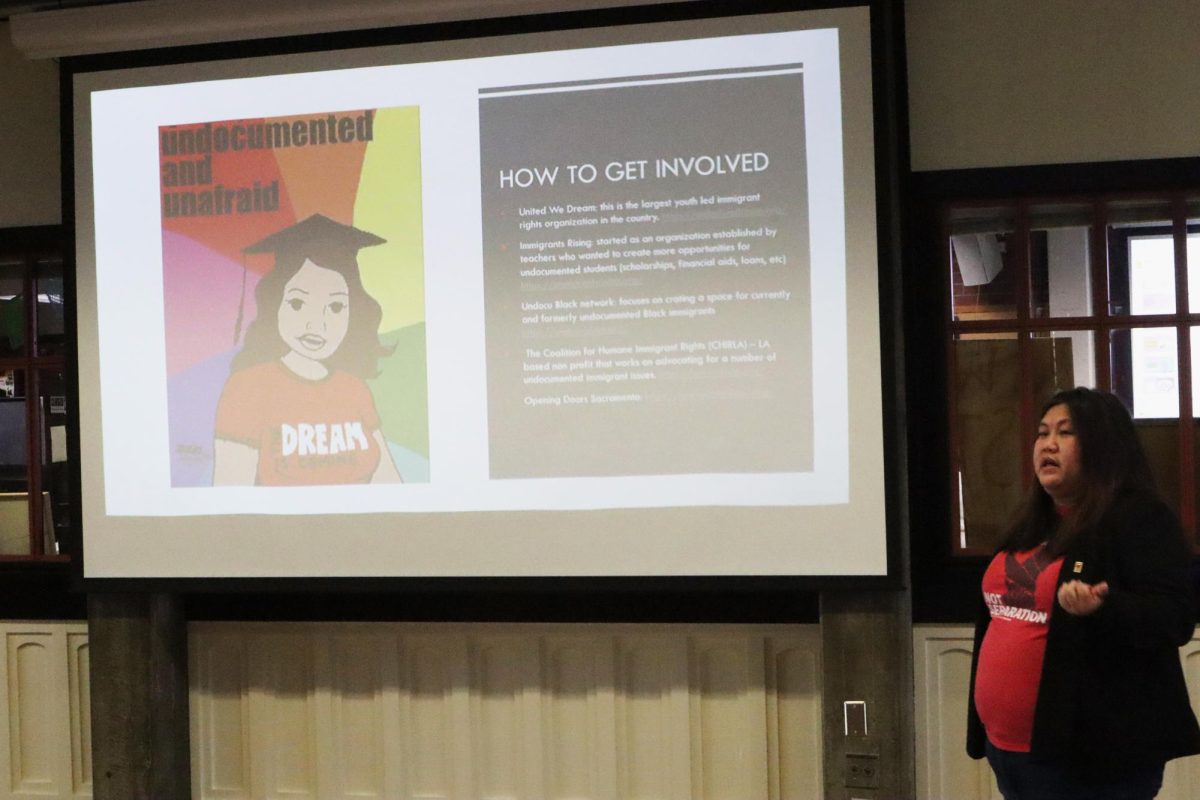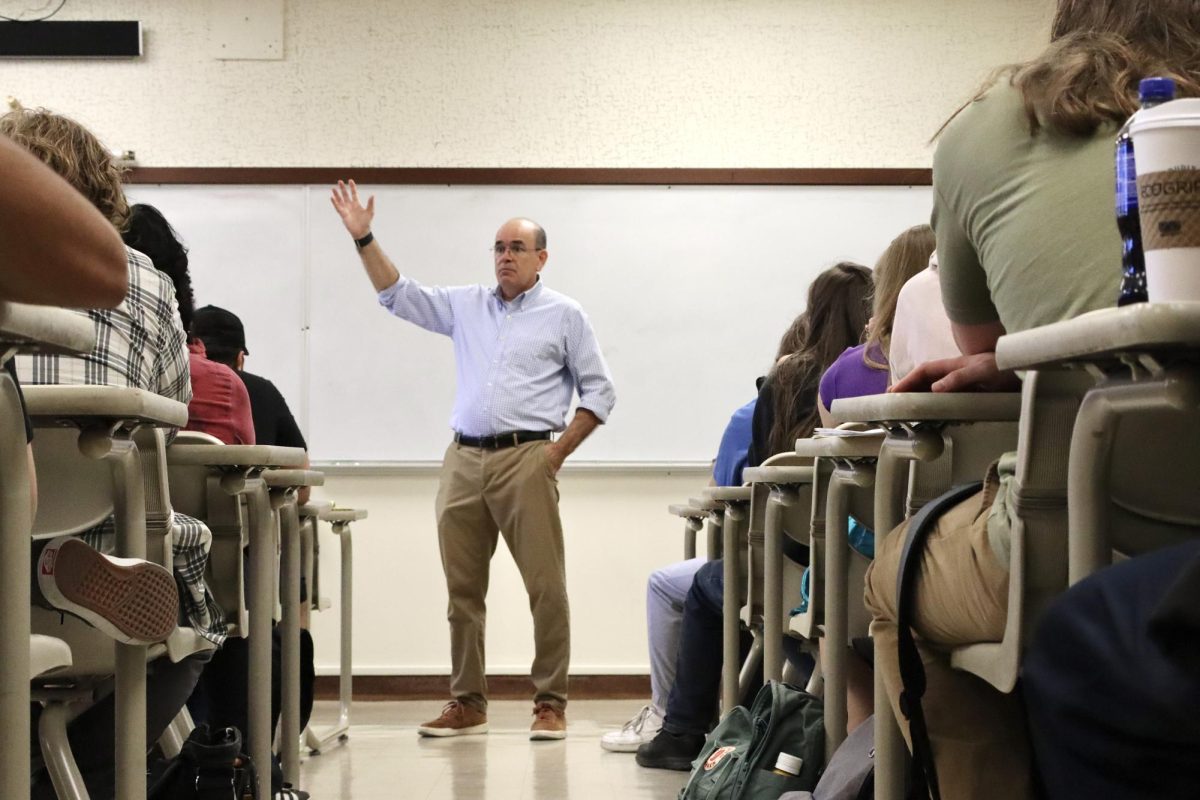On Nov. 8, in the midterm elections, California voters approved Proposition 1 to enshrine abortion rights in the state constitution.
They approved it overwhelmingly, with 65 percent of the vote. Five days before the election, on Nov. 3, City College professors held a meeting about the recent U.S. Supreme Court decision to overturn Roe v. Wade through the Dobbs v. Jackson Women’s Health Organization decision. The meeting was held on campus, with about 10 people attending in-person, and many more virtually.
Professors from political science and history departments discussed the decisions with students and shared their opinions with the goal to get students to vote.
“We want you to be informed and most importantly, vote next week,” said Sherri Patton, a history professor.
The professors discussed the impact of both of these decisions, and Patton shared how the issue of legal abortion had been dealt with in the United States throughout modern history.
Sara Medina, a psychology major who works with women victims of violent crimes, said that the U.S. is one of four countries trying to remove legal abortion. She is concerned that some women may seek illegal abortions, which might endanger their lives as well as the doctors or midwives, because they can go to jail.
Diane Yapundich, a political science professor, said some people believe there is no constitutional liberty interest in having the right to abortion. However, she said, then some “fundamental rights,” such as the right to marry whomever people want and the right to parent their children, are under threat. “The things that we take for granted may not exist anymore,” Yapundich said.
“If we go back to history of the U.S. from colonial people up to the 20th century, abortion was not illegal,” Patton added. Abortion was banned nationwide by 1910, but later became legalized in several states before Roe v. Wade was decided in 1973.
One of the arguments for the Dobbs decision was that abortion kills life. But Yapundich said that it is necessary to clarify what life is, as determined by science. She also pointed out that the Christian Bible seems to indicate that life begins at first breath.Medina believes that only a person who is pregnant can decide whether to have an abortion or not. Additionally, the country is not set up to accommodate more children in foster care in case of abortion ban, according to Medina, who says the financial impact of more children in this situation would have a significant financial impact on the country’s budget, as more funding will be needed for social services and mental health services.
California wasn’t the only state to vote in favor of preserving abortion rights in the midterm elections — Kentucky, Michigan, Vermont and Montana also did so.
“Abortion is an individual right,” Medina said.


























